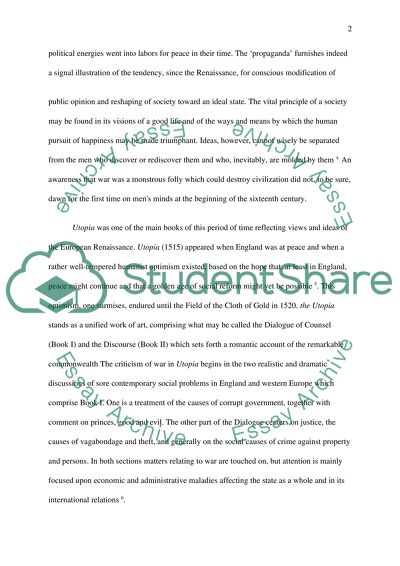Cite this document
(“Sir Thomas More - Renaissance Essay Example | Topics and Well Written Essays - 1750 words”, n.d.)
Retrieved from https://studentshare.org/literature/1510160-sir-thomas-more-renaissance
Retrieved from https://studentshare.org/literature/1510160-sir-thomas-more-renaissance
(Sir Thomas More - Renaissance Essay Example | Topics and Well Written Essays - 1750 Words)
https://studentshare.org/literature/1510160-sir-thomas-more-renaissance.
https://studentshare.org/literature/1510160-sir-thomas-more-renaissance.
“Sir Thomas More - Renaissance Essay Example | Topics and Well Written Essays - 1750 Words”, n.d. https://studentshare.org/literature/1510160-sir-thomas-more-renaissance.


